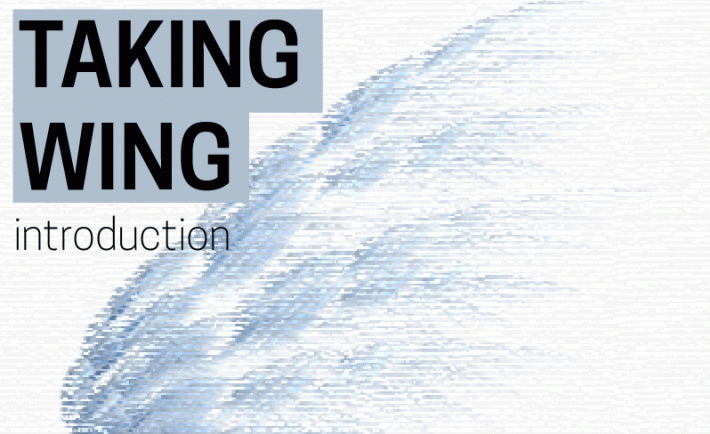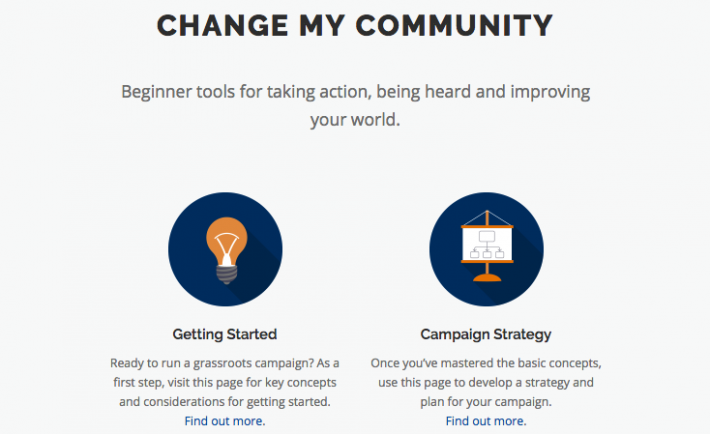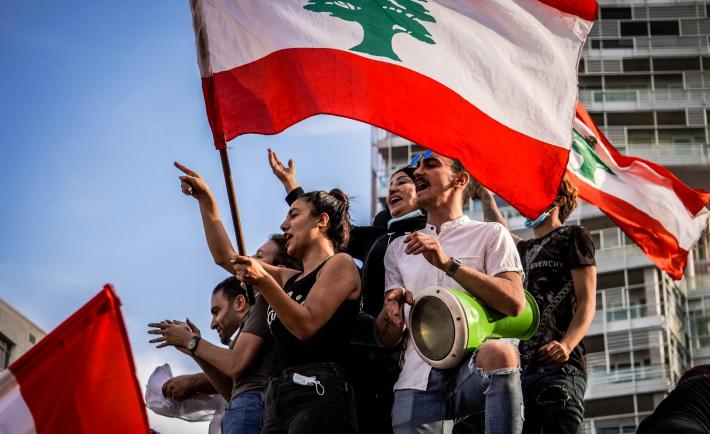
Feeling excluded from formal politics, young Lebanese have united with a new spirit of national identity and support for more responsive governance. Credit: Mohammad El Sabeh
Feeling excluded from formal politics, young Lebanese have united with a new spirit of national identity and support for more responsive governance.

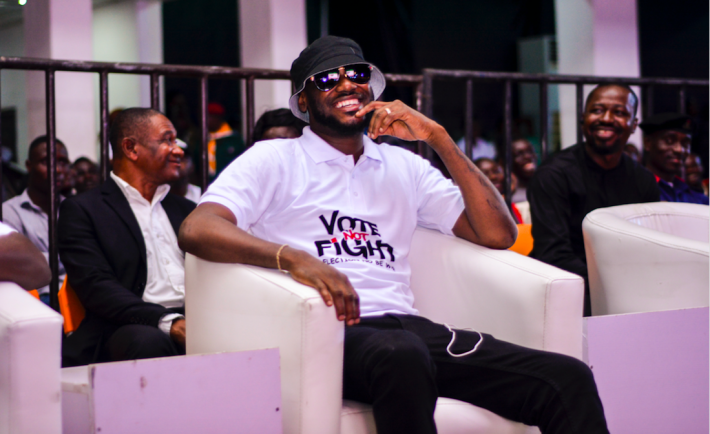
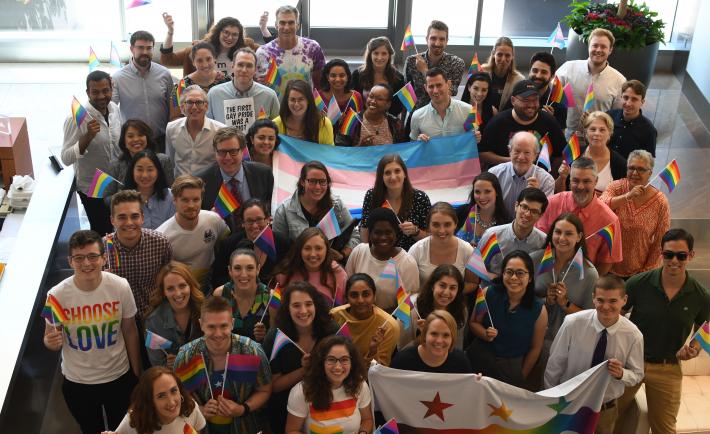
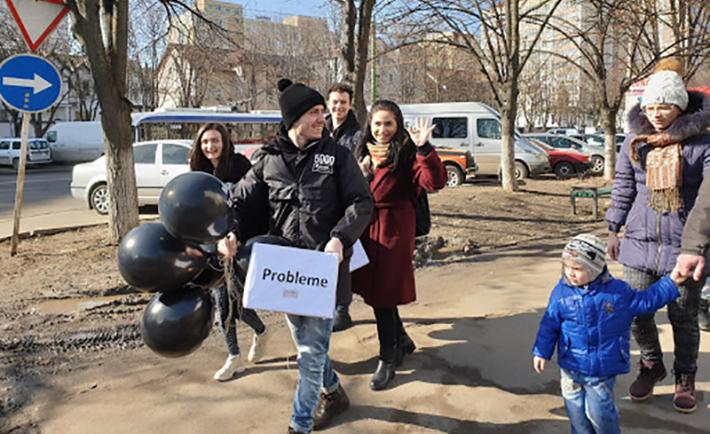
_1.jpg)
